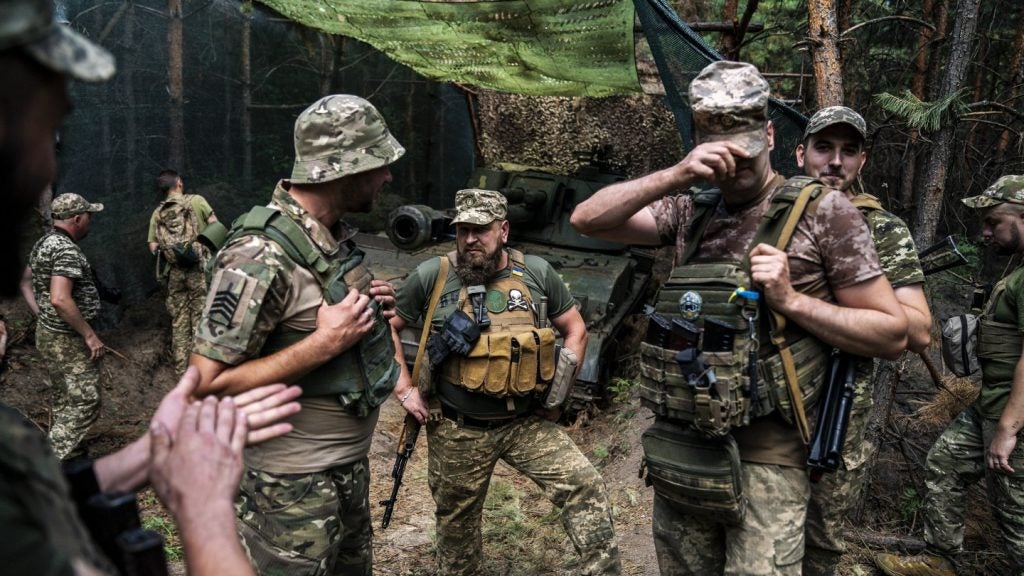US National Guardsmen operating predator drones over Iraq via remote control from Southern California have reported suffering the same psychological stresses as there comrades on the battlefield.
Free Buyers Guide
Leading Guide to Submarine and Submersible Suppliers for the Naval Industry
Thank you.
Go deeper with GlobalData
Your download email will arrive shortly.Please check your mail inbox to download buyer's guide
You may also be interested in:

Predator pilots operate remote-control unmanned drones using a system of high-resolution monitors and computers to drop laser-guided explosives including 500lb bombs on enemy targets 7,000 miles away.
At the end of the day these pilots, unlike their deployed comrades, get go home to their families and integrate with civilian society.
This, however, has become a problem as pilots find it very difficult to reconcile the daily business of often very vivid warfare with everyday civilian life.
Commander of the 163rd Reconnaissance Wing, Colonel Albert K Aimar, explained that when a pilot fires off a bomb from a Predator drone the screens allow them to ‘watch it all the way to impact, its very vivid and personal, so it does stay in people’s minds for a long time’. This Aimar said was causing ‘some family and relationship issues’.
Pilots are also required to work very long hours and keep all information classified, factors that also contribute high stress levels.
To ease the mental strain on these remote drone pilots the army has brought in chaplains, psychologists and psychiatrists to assist personnel at all there Predator bases.
By Daniel Garrun
Free Buyers Guide
Leading Guide to Submarine and Submersible Suppliers for the Naval Industry
Thank you.
Your download email will arrive shortly.Please check your mail inbox to download buyer's guide
You may also be interested in:

By downloading this case study, you acknowledge that GlobalData UK Limited may share your information with our white paper partners/sponsors who may contact you directly with information on their products and services.
Visit our Privacy Policy for more information about our services, how GlobalData may use, process and share your personal data, including information on your rights in respect of your personal data and how you can unsubscribe from future marketing communications. Our services are intended for corporate subscribers and you warrant that the email address submitted is your corporate email address.

Sign up for our daily news round-up!
Give your business an edge with our leading industry insights.





